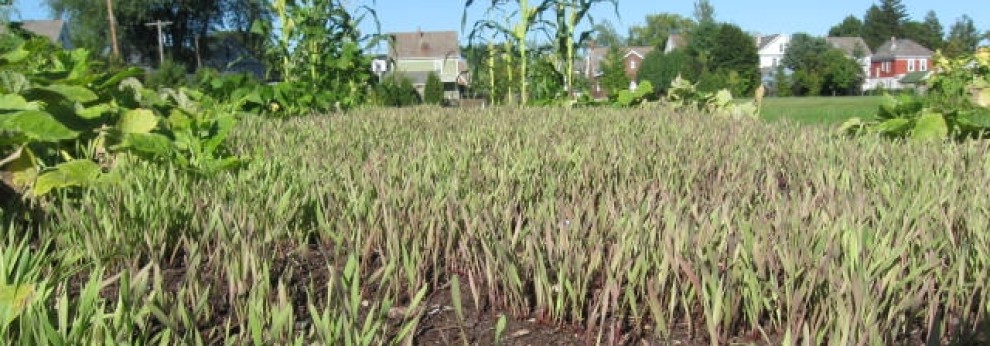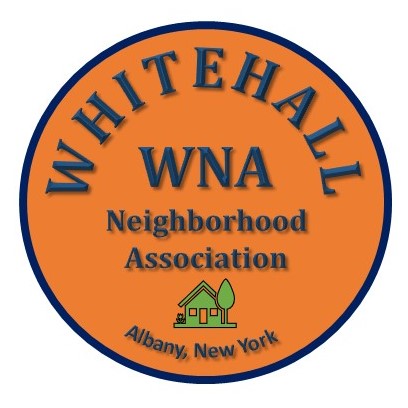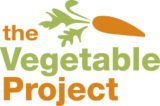Creating hands-on learning opportunities is at the core of everything the Vegetable Project does. And we picked up the pace in the school year that is winding down. So much so that we thought our friends might be interested to know that we built real hands-on experiences with nearly 1,100 Albany schools students since September.
We build teaching and learning around doing and touching and tasting and experiencing because it works. It engages students who do not buy into what school is offering because it is inherently meaningful. And it makes a deeper impression than learning that builds on repetition and memorization.
Gardening – and we do lots of gardening – is simply a great vehicle for all of that!
So what have we done with more than 1,000 Albany students? We took classes out to our gardens for touch-and-taste walkarounds. We set up worm bins in environmental science classes to support exploration of decomposition of organic material and recycling of nutrient. We planted tulip and daffodil bulbs. We grew salad greens on windowsills and made salads with the produce we grew. We led an after-school Garden Club for the 12th year. We commissioned wood shop students to build us a shed. And we shepherded 500 students through turning 500 plastic milk jugs into miniature greenhouses in March.
Of course, we have so much more to do. Execution of nearly everything we did can be improved, most of all to ensure that learning, beyond doing and touching and tasting and experiencing, really does occur. For example, although tactile experiences – with a cordless drill, dirt and tiny seeds – held student attention when we made the mini greenhouses, we could have taught about how the greenhouse structure works and we could have made use of plants that we started from seed. We could have set up the activity by explaining that a greenhouse, with clear or translucent sides, captures the sun’s warmth and holds it inside for the benefit of plants. We could have organized tastings around plants that grew in our greenhouses or moved plants into garden beds and pots, which would have made the entire project feel so much more meaningful.
So we will set our sights higher. And with continued support from our friends and the community, we will tackle these and other opportunities to broaden and deepen our reach and strengthen our offering. We think our work makes a difference, especially for kids with great needs.
–Bill Stoneman




